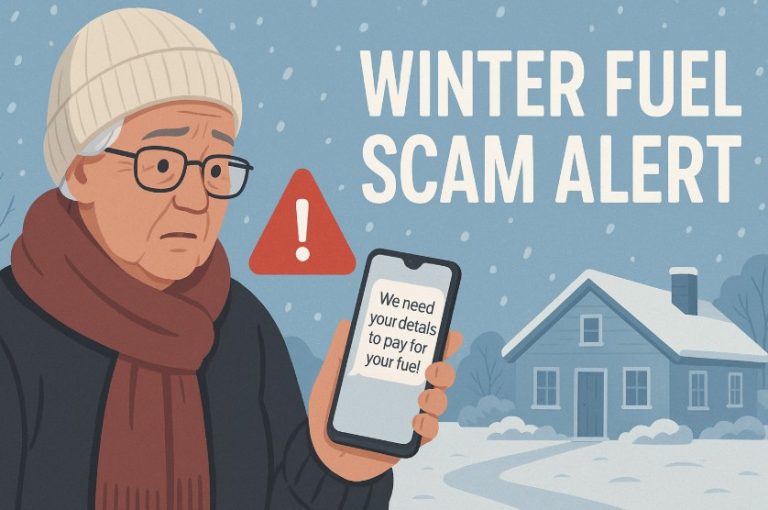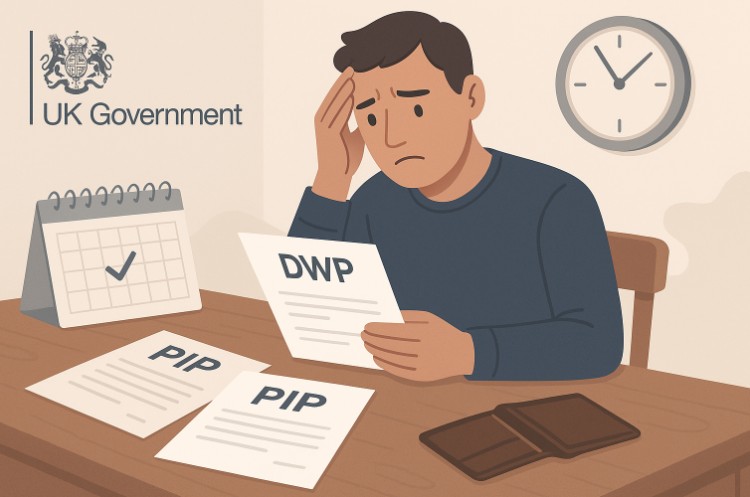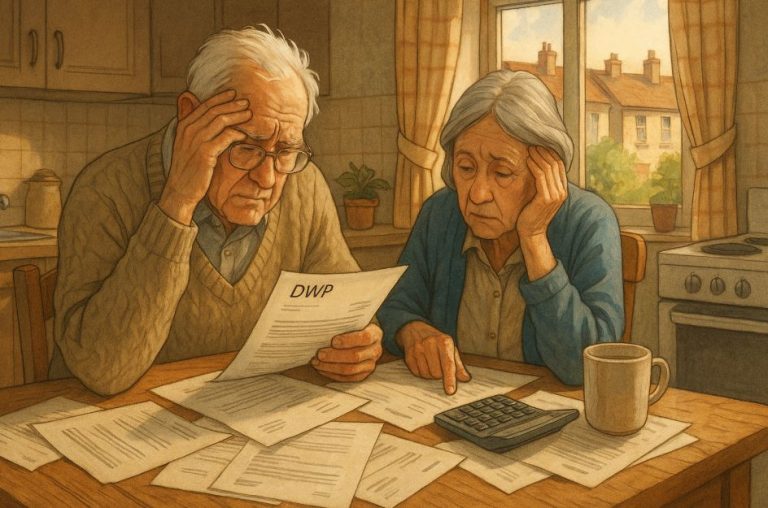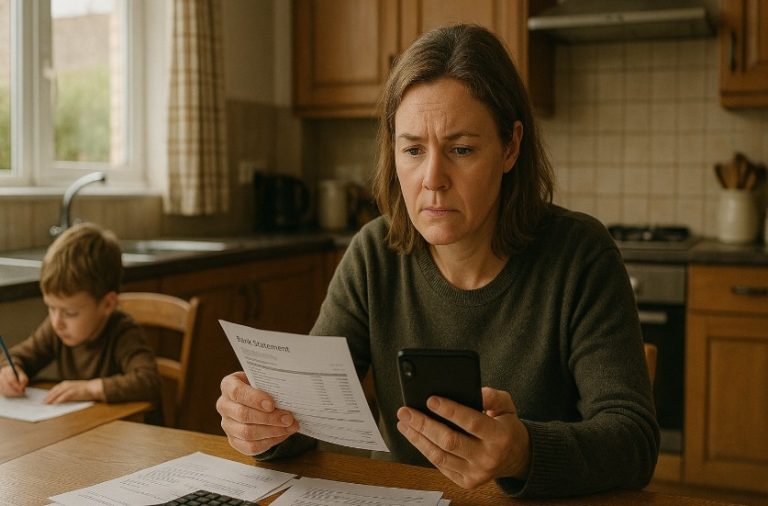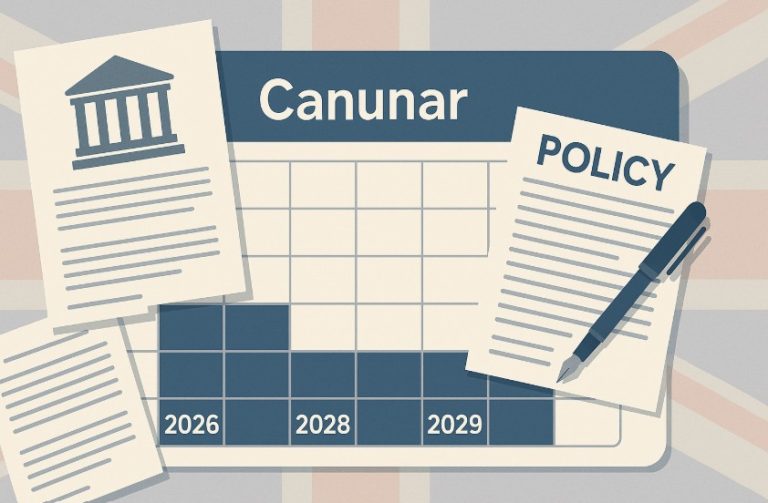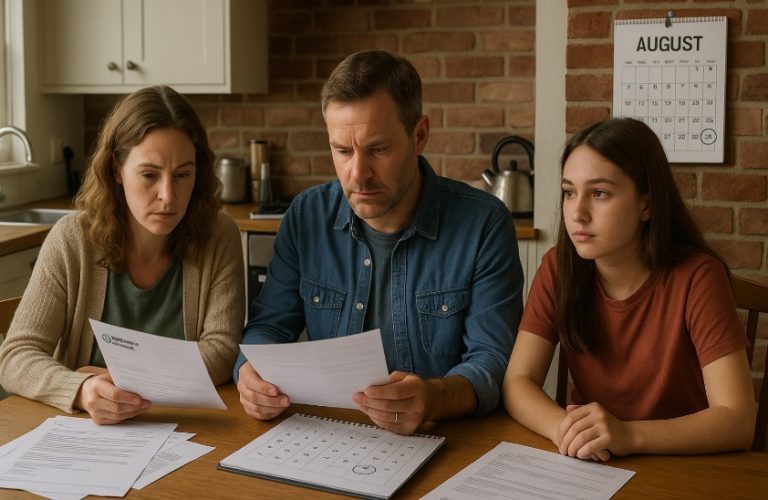Universal Credit payments are designed to support individuals and families with living costs, but many claimants find that money is sometimes deducted from their expected amount.
Understanding why these deductions occur, how to check them, and what you can do about them is essential for managing your finances effectively.
This guide explains everything you need to know about deductions from your Universal Credit, including types of debt, who to contact, and what to do if you’re struggling financially.
Why Is Money Being Deducted From Your Universal Credit Payment?
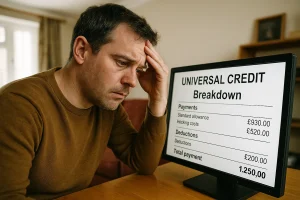
Deductions from Universal Credit are typically made to repay debts owed either to the Department for Work and Pensions (DWP) or to third parties such as landlords or utility companies.
These deductions are applied automatically and are part of a structured repayment process.
Each month, the DWP calculates the amount to deduct during your assessment period. The standard allowance is used to determine how much can be taken.
This is the base part of your Universal Credit payment before any additional elements like housing or childcare are added.
If deductions are made, they will be clearly outlined in your Universal Credit statement, ensuring transparency.
The most common reasons for deductions include repayment of advance payments, benefit overpayments, or essential debts that must be settled to prevent further hardship.
How Can You Check What Has Been Taken Off Your Universal Credit?
To check any deductions, you need to access your Universal Credit online account. Once logged in, go to the “Payments” section, where you will find a detailed breakdown of your current and past payments.
In the payment breakdown, there is a section titled “What we take off – deductions”. This part outlines:
- The type of deduction (e.g. Advance Payment, Rent Arrears)
- The organisation receiving the payment
- The amount deducted from the current payment
You can also access your journal to see messages related to any new or updated deductions. If you’ve been overpaid, you may find a message notifying you of the amount and the reason behind the overpayment.
If you notice a deduction you don’t recognise or believe to be incorrect, it is important to contact Universal Credit via your journal or helpline as soon as possible.
Who Should You Contact About a Universal Credit Deduction?

The appropriate contact will depend on the nature of the deduction. Universal Credit deductions may relate to:
- Repayment of an advance
- Overpaid Universal Credit or other benefits
- Third-party debts such as rent, child maintenance, or court fines
In general, if the deduction relates to your current Universal Credit award, you should contact the Universal Credit team through your online journal.
If the deduction concerns tax credits or older benefits, such as Housing Benefit or Working Tax Credit, you may need to contact HM Revenue and Customs (HMRC).
In the case of third-party deductions, such as payments to landlords or utility providers, the creditor themselves can provide more context or work with you on alternative repayment plans.
What Types of Debt Can Lead to Universal Credit Deductions?
Universal Credit deductions can arise from a variety of debt types. The system allows the DWP to recover debts in a manageable way, but understanding each category is important for staying informed.
Advance Payments
When applying for Universal Credit, many claimants request an advance to cover immediate living expenses before their first full payment is issued.
These advances are repaid through deductions from future Universal Credit payments, usually over a period of 12 months, although this can be extended to 24 months in certain cases.
Universal Credit Overpayments
Overpayments occur when Universal Credit is paid at a higher rate than you were entitled to.
This could result from late updates to your income information, changes in your living situation, or administrative errors. DWP will send a notification, and deductions will begin automatically unless you appeal the decision.
Other Benefit Overpayments
If you were overpaid a benefit other than Universal Credit, such as Housing Benefit or Tax Credits, these amounts may still be deducted from your Universal Credit payments.
In some cases, overpayments are transferred from HMRC to DWP, allowing them to recover the debt directly from your current benefits.
Budgeting and Crisis Loans
Budgeting Loans and Crisis Loans, offered by the Social Fund in emergency circumstances, are repaid through regular deductions.
The repayment agreement is fixed at the time of acceptance, and the amount deducted depends on your financial circumstances.
Hardship Payments
If you are sanctioned or penalised due to a breach of Universal Credit rules, you may apply for a hardship payment.
These payments are considered loans and must be repaid once the sanction period ends. The repayment rate is determined by the DWP and usually cannot be changed after it is set.
Categories of Deductions and How They Are Applied:
| Deduction Type | Reason for Deduction | Repayment Method |
| Advance Payment | Received early UC payment | Automatically deducted from monthly UC payments |
| UC Overpayment | Overpaid due to changes or errors | Deducted in fixed instalments |
| Benefit Overpayment | Housing Benefit or Tax Credits overpaid | Collected by DWP on behalf of HMRC |
| Budgeting/Crisis Loan | Emergency support loan | Pre-agreed deduction rate |
| Hardship Payment | Financial help during sanction | Recovered after sanction ends |
What Happens If You Were Overpaid on Universal Credit?
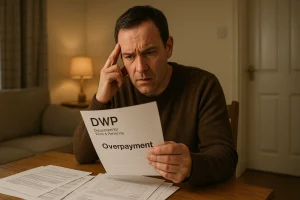
Overpayments are a common reason for deductions and are usually flagged when there has been a change in your circumstances that wasn’t reported on time.
This might include a change in employment status, living arrangements, or receiving additional income.
Once identified, the DWP will send a letter or online journal message explaining:
- The total amount overpaid
- The cause of the overpayment
- When repayments will begin
Claimants have the right to challenge or dispute overpayments, especially if they believe the DWP was at fault or the calculation is incorrect.
However, until a successful dispute is resolved, deductions will typically proceed as planned.
If you do not report an overpayment that you’re aware of, you could face a penalty or prosecution, particularly if it’s deemed you deliberately withheld information.
How Are Hardship Payments Recovered?
Hardship payments are available to claimants who are experiencing financial difficulties due to a fraud penalty or benefit sanction. These are temporary support payments and not grants, meaning they must be repaid.
The amount deducted each month to repay a hardship payment is agreed upon by DWP and is based on your standard allowance.
Once agreed, this repayment rate remains fixed, and deductions will continue until the total is repaid.
Hardship payments are usually only granted if you can demonstrate that you are unable to meet essential needs such as food, heating, and hygiene without additional help.
What Are Third Party Deductions From Universal Credit?
Third-party deductions are used to recover debts that are not directly owed to DWP but to other organisations. These debts can include rent arrears, utility bills, service charges, child maintenance, or court fines.
The system allows for up to three third-party deductions at any one time. The deductions are prioritised based on urgency and severity, such as risk of eviction or loss of utility services.
You will be notified through your journal when a third-party deduction starts. This includes information on who the deduction is going to, the reason for the deduction, and the monthly amount being paid.
Examples of third-party deductions include:
- Rent arrears to prevent eviction
- Gas and electricity bills to avoid disconnection
- Council Tax arrears
- Child maintenance payments
- Court fines
In some cases, deductions are made at the request of the creditor with DWP’s approval.
Third Party Deductions and Their Limits
| Type of Third Party Debt | Deduction Priority | Max Deductions Allowed |
| Rent arrears | High | 3 |
| Utilities (gas, electricity) | Medium | 3 |
| Child maintenance | High | 3 |
| Court fines | High | 3 |
| Council Tax | Medium | 3 |
How Much Money Can Be Taken Off Your Universal Credit Each Month?
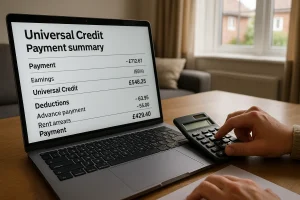
The amount deducted from your Universal Credit depends on your total standard allowance and the nature of the debt.
The standard allowance is the base amount allocated to you based on age and relationship status, before housing or childcare costs are added.
Typically, no more than 15% of your standard allowance can be deducted at once for debt repayments. However, this can rise in certain situations:
- If you have more than one type of debt
- If a last resort deduction is needed to avoid eviction or disconnection
In these cases, the total deduction can exceed 15% but will still be capped to ensure you receive a basic income for essential living.
Last resort deductions are applied when alternative recovery methods have failed. These payments are made directly to landlords or utility companies and aim to stabilise your housing or essential services.
What Should You Do If You Can’t Afford the Deductions?
If the deductions from your Universal Credit are leaving you with insufficient funds, you can apply for a financial hardship decision.
This is a process where DWP evaluates your situation and decides whether to reduce the amount deducted each month.
You may qualify for reduced deductions if:
- You are repaying a budgeting or crisis loan
- You are repaying an advance payment
- Rent arrears deductions exceed 10% of your standard allowance
- You are repaying benefit overpayments or hardship payments
If approved, the revised deduction will take effect from your next assessment period, which typically occurs every calendar month. The decision will be communicated through your Universal Credit journal.
To support your request, you may need to provide details about your financial situation, living expenses, and any dependants.
Conclusion
Deductions from Universal Credit payments can significantly affect your monthly budget. By understanding the types of deductions, how to monitor them, and your rights to dispute or reduce them, you can take control of your finances.
Always check your Universal Credit statement regularly and keep communication lines open with DWP through your online journal.
If you’re struggling financially, seek advice and don’t hesitate to request a financial hardship review.
FAQs About Money Taken Off Universal Credit
How do I know if my Universal Credit payment has been reduced?
You can check by logging into your Universal Credit online account and reviewing the ‘Payments’ section. Any deductions will be listed under “What we take off – deductions”.
Can Universal Credit take money without informing me?
You will typically receive a message in your online journal or by post explaining the deduction. However, third-party deductions can be initiated by creditors and will appear in your payment summary.
How much can be deducted from Universal Credit?
Usually, up to 15% of your standard allowance can be taken. In cases of last resort deductions, more may be deducted if it prevents eviction or service disconnection.
How do I dispute a Universal Credit deduction?
You can raise a query through your online journal or contact the Universal Credit helpline. Provide any documents or information that supports your case.
Will deductions reduce my housing or childcare support?
No, deductions are taken from your standard allowance, not from housing or childcare-related elements of your Universal Credit.
Can I request a reduction if I’m facing financial hardship?
Yes, you may be eligible for a financial hardship decision. If approved, the deduction amount may be reduced starting from your next assessment period.
Are third-party deductions optional?
No, they are mandatory if initiated by the creditor and approved by DWP. However, you can contact the creditor to negotiate payment arrangements outside of Universal Credit in some cases.

